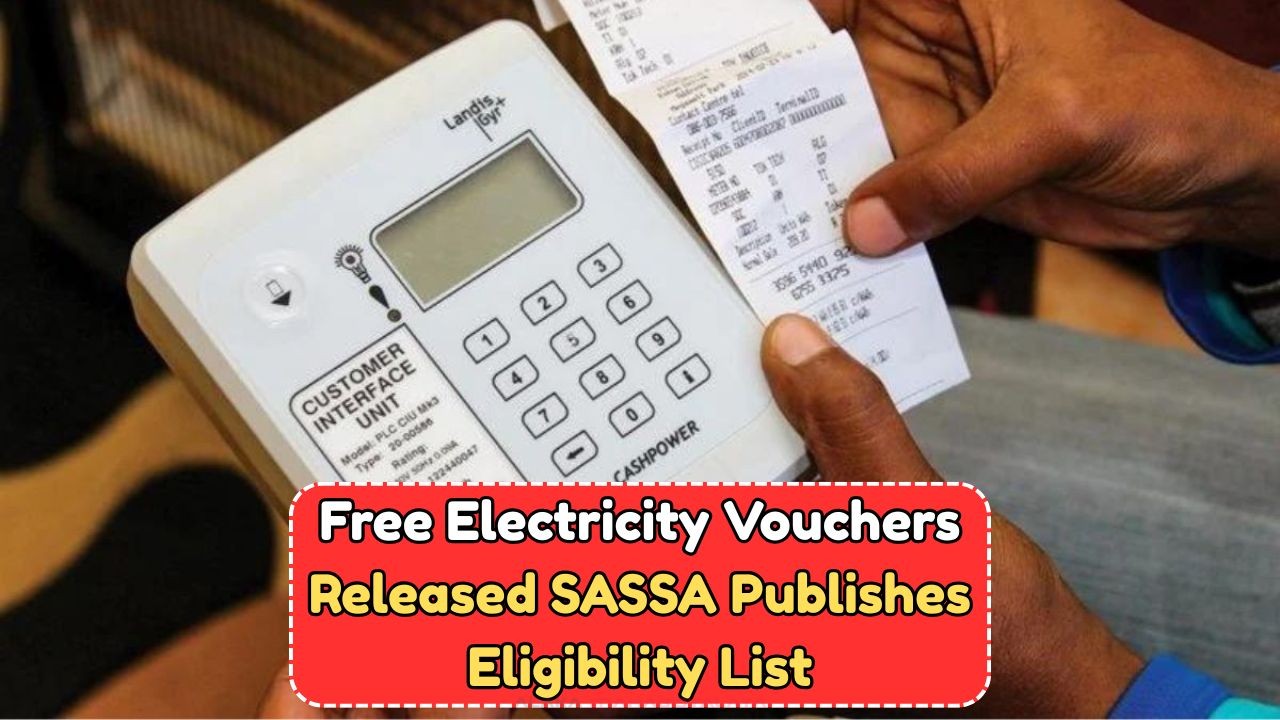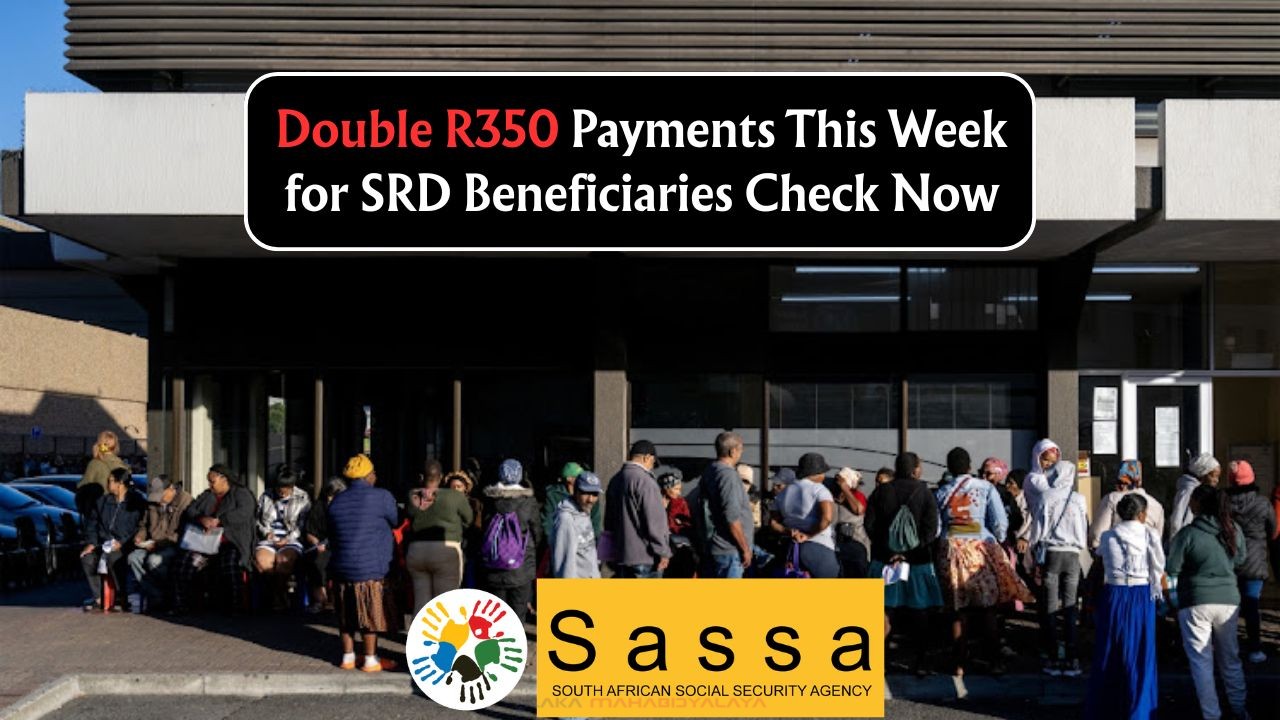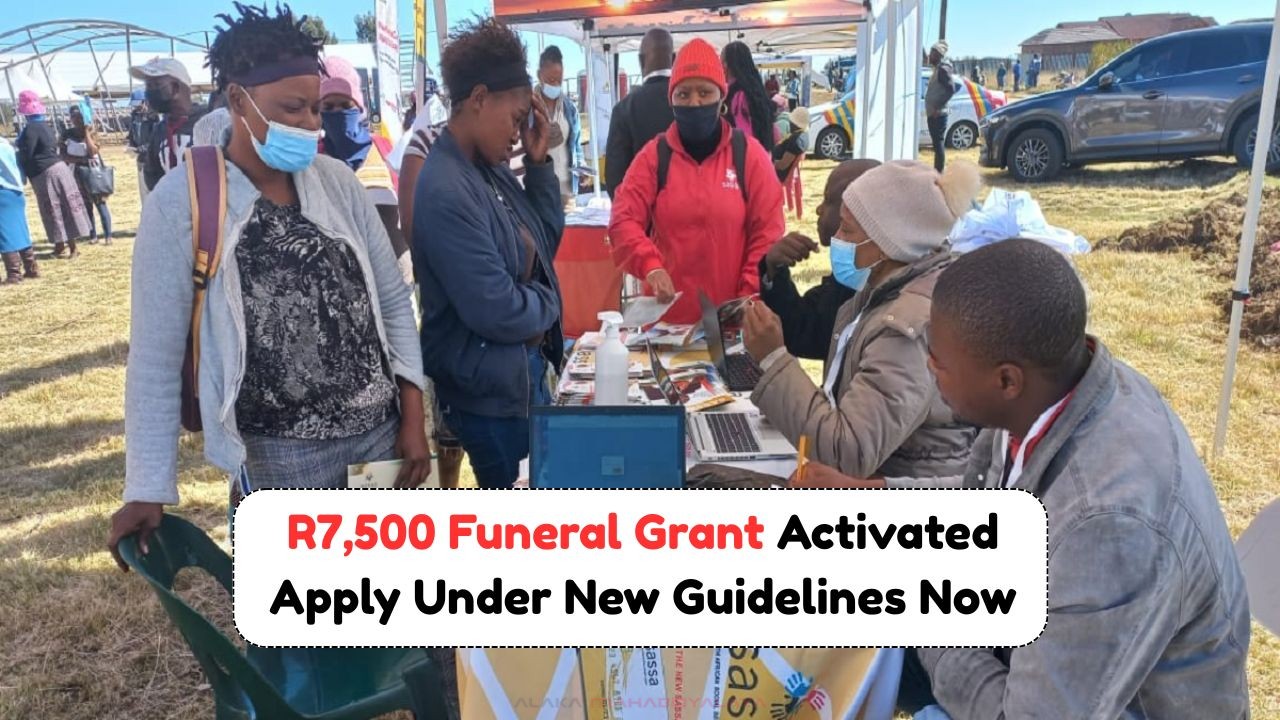Shocking news for SASSA recipients in 2025: South Africa’s social security landscape is set to experience significant changes as 210,000 grant recipients face the potential loss of their benefits due to undisclosed earnings. The South African Social Security Agency (SASSA) has announced rigorous checks and balances to ensure that grant beneficiaries are not receiving income that would disqualify them from receiving government assistance. This development has sent ripples through communities as individuals and families who rely on these grants for survival must now re-evaluate their financial situations. The move is part of a broader effort by the government to ensure that only those who are genuinely in need benefit from social assistance, but it also raises questions about the efficacy of the current system in identifying and supporting vulnerable populations.
The Impact on SASSA Grant Recipients
The looming threat of losing grants has left many SASSA beneficiaries in a state of uncertainty. For the 210,000 recipients potentially affected, these grants are often their primary source of income, crucial for covering basic needs such as food, housing, and healthcare. The South African government’s crackdown on concealed earnings aims to ensure that only qualifying citizens receive assistance, but the process has also highlighted systemic issues within the social security framework. Many are concerned about the accuracy of the investigations and whether all affected individuals are genuinely non-compliant. Furthermore, the emotional and financial strain on these families cannot be underestimated, as they navigate the complex process of proving their eligibility or seeking alternative means of support.
- Immediate financial stress on affected families
- Increased demand for financial counseling and support services
- Potential rise in poverty levels if grants are discontinued
- Pressure on government to enhance transparency in the evaluation process
- Community organizations rallying to support affected individuals
Understanding the Criteria for SASSA Grants
To comprehend the repercussions of concealed earnings, it’s important to understand the eligibility criteria for SASSA grants. Primarily designed to support the elderly, disabled, and children, these grants are means-tested. This means applicants must declare any income or financial support they receive. The threshold for eligibility varies depending on the type of grant, but generally, applicants should be earning below a certain amount to qualify. This system aims to ensure that the most vulnerable are prioritized, yet it also requires a robust mechanism for verifying income and assets. The challenge lies in the accurate and timely assessment of thousands of applications, which can be a resource-intensive process for SASSA.
| Grant Type | Age Requirement | Income Threshold |
|---|---|---|
| Old Age Grant | 60 years and above | Below R78,120 annually |
| Disability Grant | 18-59 years | Below R78,120 annually |
| Child Support Grant | Under 18 years | Below R52,800 annually (household) |
| Foster Child Grant | Under 18 years | No income test |
SASSA’s Verification Process Explained
SASSA employs a detailed verification process to ensure that grant recipients meet all eligibility criteria. This involves reviewing applications, conducting interviews, and cross-referencing data with other government departments to verify income and employment status. The process is designed to be thorough, but it often faces criticism for being slow and bureaucratic. With the upcoming crackdown on concealed earnings, SASSA has pledged to enhance its verification methods to minimize errors and ensure fairness. This includes leveraging technology to streamline processes and improve data accuracy. Nonetheless, the success of these measures largely depends on the agency’s ability to manage resources effectively and maintain transparency throughout the evaluation process.
- Application review and data cross-checking
- Interviews with applicants for additional verification
- Collaboration with other government agencies
- Use of technology to enhance data accuracy
- Commitment to transparency and accountability
Community Reaction to SASSA Grant Changes
The reaction from communities across South Africa has been mixed. While some understand the need for accountability, others worry about the potential negative impact on those who inadvertently fail to report income or are victims of systemic errors. Many community leaders and organizations have voiced their concerns, urging SASSA to handle the investigations with sensitivity and care. Public forums and meetings have been organized in various regions to discuss the implications and provide support to those affected. There is also a strong call for increased public awareness campaigns to educate beneficiaries about their responsibilities and the importance of accurate income reporting.
- Concerns over potential injustices in the verification process
- Calls for improved public awareness and education
- Community meetings and forums for affected families
- Support from NGOs and social workers
- Appeals for government transparency and sensitivity
Future of Social Grants in South Africa
As 2025 approaches, the future of social grants in South Africa is a topic of intense debate. While the government’s efforts to ensure that only eligible individuals receive assistance are commendable, the implementation must be handled with care to avoid unintended consequences. The challenge lies in balancing the need for accountability with the imperative to support those in genuine need. Future policies may need to incorporate more nuanced approaches, perhaps revisiting the income thresholds or introducing more flexible support systems that can adapt to the diverse needs of the population. Ultimately, the success of South Africa’s social security system will depend on its ability to evolve and address the multifaceted challenges facing vulnerable communities.
- Potential policy revisions and updates
- Need for a more adaptive support system
- Emphasis on transparency and accountability
- Importance of stakeholder engagement in policy crafting
Ensuring Fairness in SASSA’s Approach
Ensuring fairness in SASSA’s approach is crucial to maintaining public trust and the integrity of the social grant system. Transparency in the verification process and clear communication with beneficiaries are essential components. SASSA must prioritize stakeholder engagement, involving community leaders and NGOs in the conversation to ensure that diverse voices are heard. Additionally, there is a need for ongoing training and resources for SASSA staff to handle cases with sensitivity and efficiency. As these changes unfold, monitoring and evaluation will play a critical role in identifying areas for improvement and ensuring that the system remains equitable and just for all South Africans.
| Key Area | Action Required |
|---|---|
| Transparency | Clear communication of processes |
| Stakeholder Engagement | Involve community leaders and NGOs |
| Staff Training | Provide ongoing training and resources |
| Monitoring and Evaluation | Regular assessment of processes and outcomes |
Frequently Asked Questions
Why are some SASSA grants being revoked in 2025?
Some grants are being revoked due to undisclosed earnings that disqualify recipients under current eligibility criteria.
What is the income threshold for qualifying for a SASSA grant?
Income thresholds vary by grant type, but generally, applicants must earn below R78,120 annually for most grants.
How can affected recipients appeal the decision?
Affected individuals can appeal by providing additional documentation and clarifying their income status with SASSA.
What support is available for those losing their grants?
Community organizations and social workers are providing support, and beneficiaries are encouraged to seek financial counseling.
Departmental Contact Details
Social Security Department
Email: [email protected]
Helpline: 0800 123 456
Website: www.sassa.gov.za
Community Support Services
Email: [email protected]
Phone: 0800 987 654
Website: www.communityhelp.co.za






